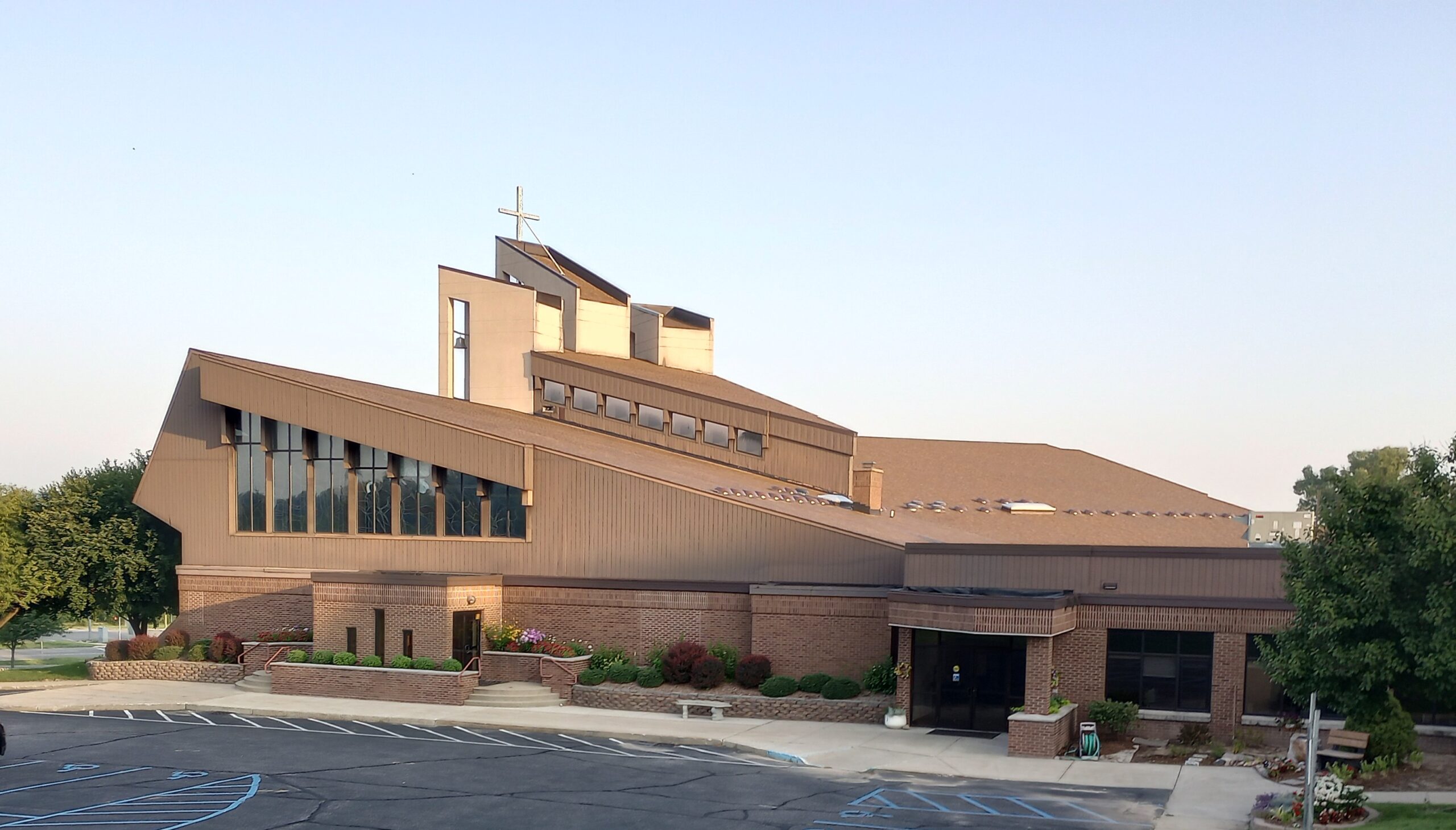What do I do until OCIA sessions begin?
OCIA is a year round process, although formal sessions begin in the fall (September) each year. Jesus is not confined to our timetable. You can call the church anytime to set up a meeting with one of the priests or the OCIA Coordinator. While OCIA is still the best way of investigating the Catholic faith and moving toward becoming a Catholic, there are a number of things a person can do prior to OCIA to honor Christ’s call and to help enrich the journey:
- Pray. Incorporate prayer into your daily routine. Prayer is an opening of the mind and heart to God. It is a conversation with the God who made you, loves you infinitely, and wants to converse with you.
- Step One: If prayer is new to you, start by saying a simple prayer like “Jesus, I want to know and love you more.” each morning when you wake up. Gradually, add more content. Simply speak to God from your heart.
- Step Two: Begin incorporating some basic prayers of the Church into your daily routine, like the Lord’s Prayer, the Glory Be (Doxology), and, if you are comfortable with it, the Hail Mary. For some common Catholic Prayers, click here. Don’t just say them, pray them!
- Step Three: For those more familiar with Christian prayer, you may want to explore the Liturgy of the Hours, which are the daily prayers of the Church (click here). You could also familiarize yourself with and begin praying the Rosary (click here).
- Read the Bible. Like with prayer, make reading and meditating on the Scriptures–even just a few verses–part of each day. If you don’t have a Bible, use an online one, like this one (click here).
- Step One: If you haven’t read the Bible before, start with one of the Gospels–Matthew, Mark, Luke, or John–which are accounts of Jesus’ earthly life.
- Step Two: After you’ve become familiar with the Gospels, we would suggest reading Genesis (the first book of the Bible) and Romans.
- Step Three: If you’ve read the Gospels, Genesis, and Romans, it’s time to get yourself a Catholic Bible and begin familiarizing yourself with the different books. A recent, great offering is the Catholic Study Bible from Ignatius Press (click here).
- Attend Mass. You don’t have to be Catholic to attend Mass! Yes, it can be confusing, especially if you have never been before, but there is great value in coming and encountering Jesus in the Mass. Feel free to print off this guide and bring it with you, but also just follow what other people do. The only thing the Church asks of non-Catholics is, when it comes time to receive Communion, feel free to come forward. When you near the front of the line, please indicate that you are not Catholic by crossing your arms over your chest. This will signal to the person distributing Communion to offer you a simple blessing. Our Lady of Consolation offers Sunday Masses at 5:00 pm on Saturday, and at 9:00 am, 11:00 am on Sunday.
- Talk with Catholics. No one does Christianity on their own! If you know faithful, practicing Catholics, talk with them! Tell them of your interest in Catholicism, and don’t be afraid to identify any doubts or hesitations you may have. Ask them why their Catholic faith is so important to them. Ask them to pray for you.
- Read the Catechism. The Catechism of the Catholic Church is the standard book which presents Catholic teaching in summary form. One good, searchable Catechism is available online through this link.
- Call the Faith Formation office to set up a meeting with Robin, the OCIA Coordinator. A one-on-one meeting is a great way to talk and ask questions relevant to your life. Call (616) 866-2577 ext. 328.

